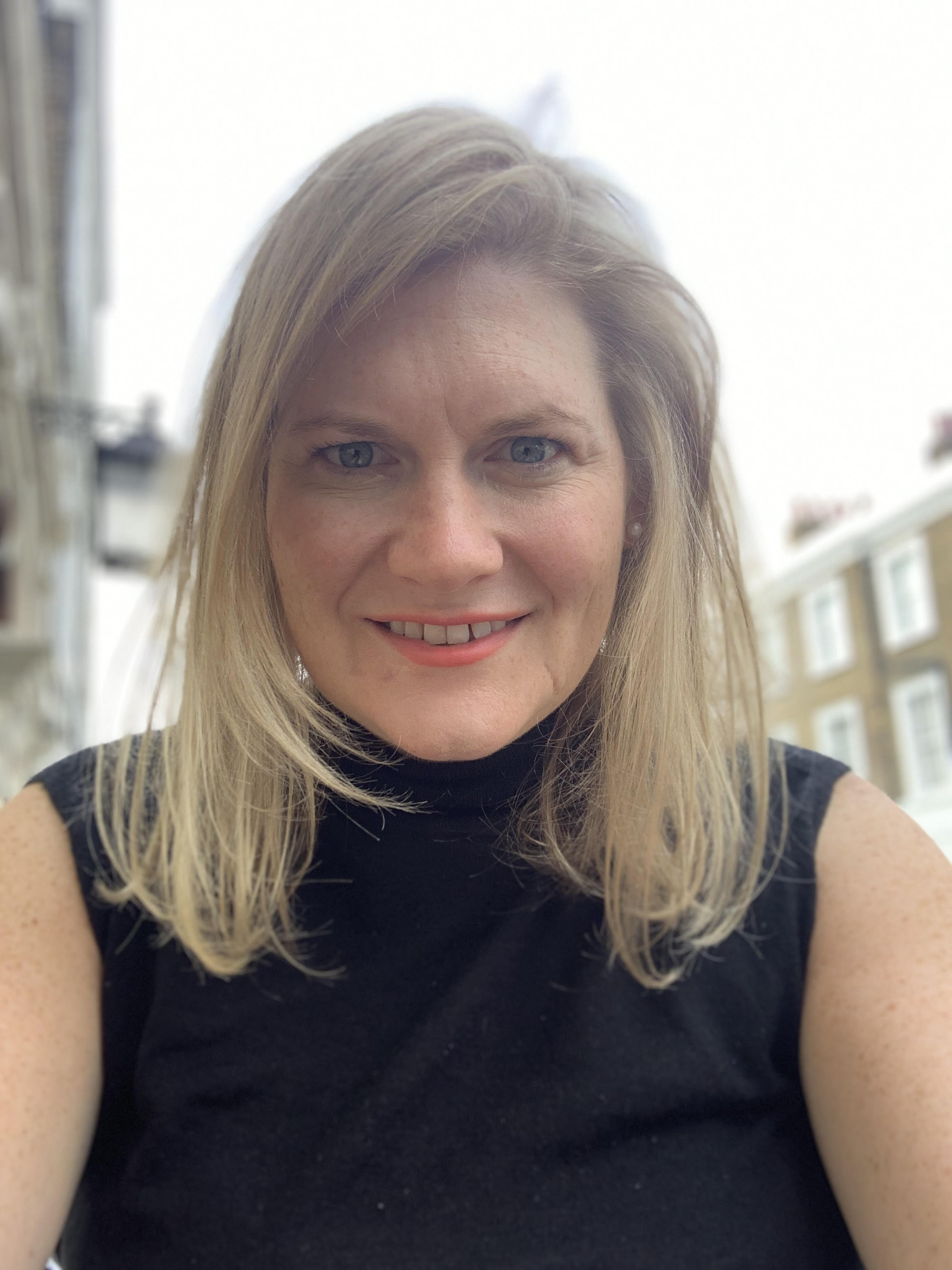Impact investor interview: Paul Miller OBE
Profit Impact had the valuable opportunity to speak directly with Bethnal Green Ventures' very own Managing Partner and CEO, Paul Miller OBE, to gain a deeper insight into how an impact investor thinks and what startups they look for.
Research from Beauhurst shows high-growth startups have raised £5.37bn in investment, with clean and climate tech startups having received about one-fifth of all 2020 investment when compared with the Tech Nation figures.
However, most of this investment was directed to already-established firms – just £458m went to first-time fund-raisers, for example, representing a 55% year-on-year decrease.
This trend has been present since the start of the pandemic, only £52m of just over £1bn raised at that point was going to early-stage startups and entrepreneurs who had never raised money before.
From the statistics, we can see that the opportunity is there, but securing it feels impossible for most. We understand how hard it is for early-stage startups to raise investment. There are so many important factors to consider and many overcomplicate their business mission from the offset.
This is an amazing opportunity to sit, listen and learn what you can do, as a tech for a good startup, in particular, to attract investment from the best impact investor groups in Europe, in order to scale up and maximise profits and impact.
Could you tell us a bit about your background and how it led you to where you are today?
Paul: I've always been interested in social, environmental issues and technology since I was a teenager. I started off in the early part of my career in campaigning work, then into the policy world, but I realised that it had its limits in what you were able to practically achieve.
So in 2006 I decided to start my tech startup that was to give more people access to adult education. It was definitely very rare to try to combine social purpose and profit, and I learned a huge amount through doing it.
It led me into running these weekend events where we were getting people together to try and put together prototypes of tech products that could solve or help to solve social environmental issues. And at the end of those weekends there were always more people always saying, “How do I quit my job and turn this into a startup?” And that's really where BGV came from.
The idea was that we provided people with that first bit of funding, access to networks, access to advice that you need to go from having an idea and understanding a particular problem to turning it into a high growth and investable business. We started doing that in 2012. We've been doing it ever since.
What results do you expect to make from impact strategies and investments?
Paul: For us, every company that we back is still at a very early stage; a team of two or three people and the prototype. What we're looking for is the potential for it to grow into a really scalable business that could benefit the lives of millions of people.
And for us that's one of three impact themes. So there's a sustainable planet, better society and healthy lives. It's important that they don't just measure their financial metrics, they also measure their impact to show the depth and scale it affects. We do that on a case by case basis, into those three themes to keep things logical.
How do impact investors think differently?
Paul: I think they think very much exactly the same as normal investors, and then they add a few extra things. You certainly look at potential returns. You also look at the risk surrounding your investment, but then you assess what's the potential for impact.
Different impact investors are looking for different kinds of impact, which is great, not everybody should be looking for exactly the same thing, but I think the key things are that you're looking for it to be intentional and measurable (two keywords).
What is the most important facet of a ‘high growth’ start-up? What does high growth mean to you?
Paul: We measure the enterprise value of the company. We're trying to invest in companies at a really early stage when they're worth hundreds of thousands to become companies that are worth over 100 million. So that's the growth.
It’s an exponential growth, and we expect that to happen over 6 to 10 years. So that's what we can go with. Great, but there is again this additional bit of impact as well. So when people come to us they probably have no impact yet, they just have a plan for how they're going to have impact. But by the time we've been working with them for several years, we do want to have an impact at scale to benefit millions of people.
How do you verify impact after they receive investment?
Paul: For early stage companies we don't try to verify it because it's so direct, and quite small scale. Often you can literally meet the people who are benefiting from it, so there's no real need for independent verification.
But as companies develop and they're raising millions of pounds of further investment, we expect them to have an independent evaluation of their impact. Then we would expect that to get better and better overtime as well.
It's not like there’s one answer about verification of impact all the way through the life cycle of a company. We think that you have to ratchet up overtime. You have different expectations for the standards of evidence as a company grows.
In Investing in Tech for Good webinar/event, you went through the 5 trends emerging in the tech for good space. One of them was the ‘race to certify’, gaining external validation as a tech for good is starting to become more important. You mentioned BGV as the first VC firm in the UK to certify as a B Corp in 2015 and that BGV’s portfolio has witnessed growth around B Corp.
So my question is: Could you explain how/why becoming a B Corp drives more investments/ if becoming B Corp certified attracts investments from BGV?
Paul: In order to provide all of the information that you need to certify as a B Corp, you need to have really good systems to be able to measure the things that they need you to measure and policies that fit what they are looking for. It's just a good shorthand for “This is a well run company”, which is good.
The most interesting element for us is the section of the assessment that surrounds the impact of your business model. So what you do rather than how you do it.
I don't think I could prove that it has helped our portfolio companies that become B Corp to raise investment directly. But we hear more and more investors who are taking it into consideration as seeing a very positive thing. I've never heard of anybody and investors say, “No, I'm not investing in them because they're B Corp”, it's always a positive thing.
What are the barriers to making impact investments?
Paul: There’s still a bit of a mismatch between the institutional investors, so the really big sources of capital, and impact investing. That’s partly because, despite its increasing profile, impact investing is still relatively small.
And so there is a mismatch in scale between what big assets managers are looking for and the current scale of impact investing. That's a bit of a barrier to getting more money in. I think it will break down over time and the industry is still too small, but that's getting better.
Other barriers? I think there’s a cultural, psychological barrier. A lot of people, when they hear impact investing instantly think that means I'm not going to make the same return. Statistically that's not necessarily true, but there are still people that believe you dont make money doing good.
What standouts/do you look for in the products/services you invest in? What can someone that's coming to BGV for investment do to secure that investment?
Paul: Proof of the problem they're trying to solve is important. And if it is solved, it will have a positive impact on people's lives and the planet. That's the first step. One thing we look for is for them to have a unique insight into the lives of people who are affected by that problem or the systems that are causing that problem.
Because we think understanding the problem is a really important part of solving it. It really doesn't matter how wizzy your tech is, if you’ve got your understanding of the problem wrong then you're going to build the wrong product. So that's a really important part of what we are looking for when we are assessing early stage teams.
The other thing that stands out is ambition. We want to back people who really want to build something that becomes big and scales. That's not for everybody.
What is one thing you recommend a social impact venture should change/do differently to increase its chances of attracting investment?
Paul: Really simplify what you're trying to do. Really boil it down to the core of what the product does to benefit people and how you're going to measure that. Often people overcomplicate this, and they think they have to tell everybody everything about the business and it just doesn't work. Putting in the work to really simplify what you’re trying to do is a very valuable exercise.
Conclusion
We believe there are three main takeaways you should consider from this interview.
The first is that the investing space is changing and growing; if you don’t consider your impact or haven't embedded sustainability into your business then today is a great day to start.
The second, impact investors expect YOU to provide them with your own evidence of metrics and measures - whether that’s aiming for an independent verification like B Corp or simply an outline of your improving metrics to demonstrate your commitment to sustainability is up to you.
Lastly, Paul Miller emphasised the need to really simplify your product and mission and demonstrate how you aim to measure that impact.
While we have simplified these insights, actually implementing these changes can seem very overwhelming for any busy startup or even established business.
The good news is that Profit Impact is here to help with this process. We have the insight and financial sustainability knowledge and experience to really support your business to a more sustainable business model needed to drive impact investments.
Bethnal Green Ventures invests in new technology ventures that solve important environmental problems, with 1 in 3 applications to BGV having sustainability/climate at its heart. Applications open every 6 months, so with the right support and the right changes in place you can truly be on your way to investment.
Have a read at our ‘10 UK Impact Investing groups that you should bookmark today!’ to see which impact investing groups you would hope to gain investments from and contact us today to discuss how we can help.








.webp)

.webp)



